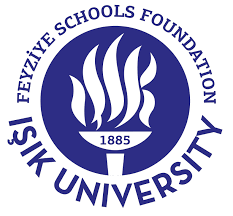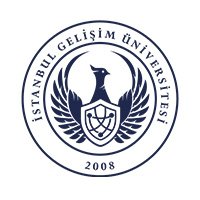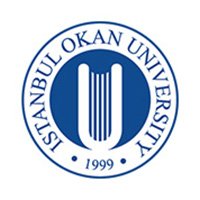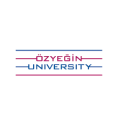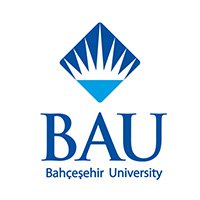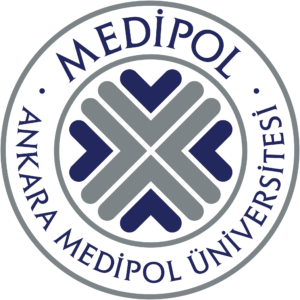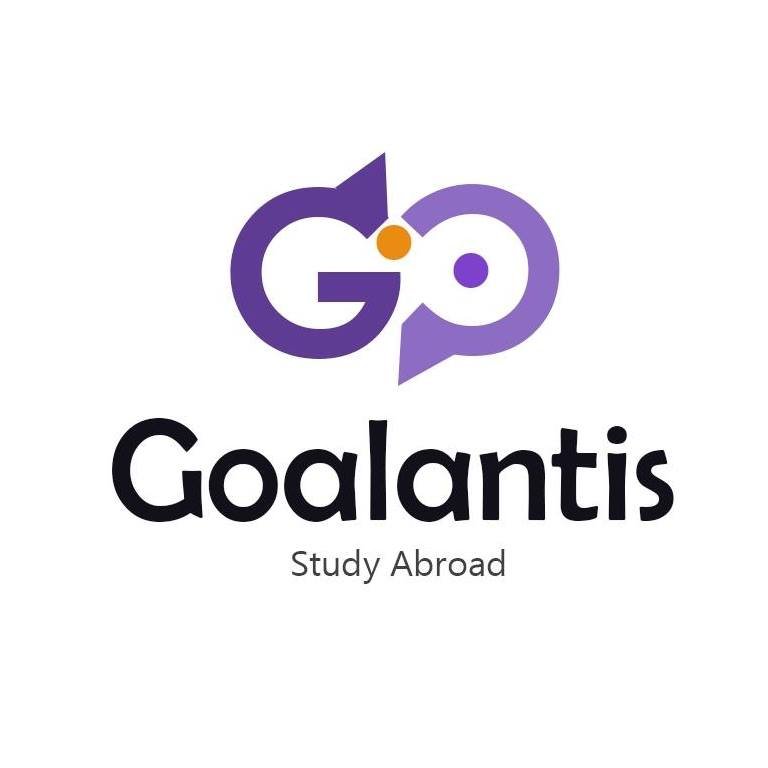About to Studying in Romania
Romania, the gem of Eastern Europe, welcomes you with its breathtaking natural beauty and rich history. Imagine studying in prestigious universities surrounded by lush mountains and historic castles. Romania offers an ideal blend of quality education and affordable living, making it a perfect destination for international students seeking a unique academic experience.
Study Duration in Romanian Universities
The study duration in Romanian universities varies depending on the field. Generally, medical and dental studies last 6 years, engineering and pharmacy take 5 years, and other fields usually take 4 years. Additionally, a preparatory year is available for students who wish to study in English but are not native English speakers.
Academic Calendar
The academic year in Romania typically begins in September or October and ends in June or July of the following year. It is divided into two main semesters:
- First Semester: Starts in September or October and ends in January or February.
- Second Semester: Starts shortly after the first semester ends and concludes in June or July.
Note: Some universities may offer a short summer semester, especially for students wishing to accelerate their studies or make up for missed courses.
Education System in Romanian Universities
Romania’s higher education system follows the European system, focusing on lectures, seminars, and research projects. It emphasizes developing critical thinking skills and independent learning.
Key features of the Romanian education system include:
- Lectures: Professors deliver detailed theoretical knowledge during lectures.
- Seminars: Seminars allow students to discuss topics covered in lectures, ask questions, and engage with professors and peers.
- Research Projects: Romanian universities encourage students to conduct individual or group research projects, enhancing their research and data analysis skills.
- Continuous Assessment: Students are evaluated throughout the semester via exams, assignments, and projects.
- Practical Focus: Universities in Romania strive to connect theoretical learning with practical applications through field visits and labs.
Levels of Education: Bachelor's, Master's, and Ph.D.
- Bachelor’s Degree: Usually lasts 3-4 years and provides foundational knowledge in the chosen field.
- Master’s Degree: Typically lasts two years and focuses on deepening knowledge in a specialized area, enhancing research skills.
- Ph.D.: A research-focused program aimed at producing original work in the student’s field of expertise.
Popular Fields of Study in Romania
Romanian universities are known for offering high-quality education at reasonable costs. Some fields are especially popular among international students:
- Medicine and Health Sciences: Medical fields such as medicine, dentistry, pharmacy, and nursing are highly sought after due to Romania’s strong reputation for quality education.
- Engineering: Engineering disciplines, including civil, mechanical, electrical, and computer engineering, are in high demand and have excellent job prospects.
- Sciences: Fields like physics, chemistry, biology, computer science, and mathematics are popular and offer cutting-edge programs.
- Humanities: Literature, philosophy, history, languages, and social sciences are ideal for students interested in culture and heritage.
- Business Administration: Business programs equip students with the skills to succeed in the global business world.
Factors Affecting Field Popularity
- Job Market: The demand for specific fields is often linked to job opportunities.
- Quality of Education: Students are drawn to programs that offer high-quality education.
- Cost: Some fields may have lower tuition fees, making them more attractive.
- Personal Interests: Students tend to choose fields aligned with their passions and career goals.
Accommodation and Living Costs
Romania is known for its affordable living costs compared to other European countries. Below is an overview of housing and living costs:
Housing Options:
- Student Dormitories: Many universities offer affordable dormitories with shared rooms and common facilities such as kitchens and laundry rooms.
- Renting: Students can rent apartments or shared rooms, with rental costs varying by city and location. Rent in Bucharest is generally higher than in other cities.
- Homestays: Living with a Romanian family can be an excellent way to learn the local language and culture.
Factors Affecting Housing Costs:
- Location: Rentals in city centers are typically more expensive than in suburban areas.
- Apartment Size: Larger apartments are more costly.
- Amenities: Some apartments offer amenities like central heating, air conditioning, and laundry machines, increasing the rent.
Other Living Costs:
- Food: Romania offers affordable dining options, whether eating out or cooking at home with groceries from supermarkets.
- Transportation: Public transportation, including buses, trams, and metros, is efficient and inexpensive.
- Entertainment: Romania offers affordable recreational activities such as visiting museums, theaters, and parks.
On average, international students can live comfortably in Romania with a budget of €300-500 per month, covering accommodation, food, transportation, and entertainment.
Required Documents for Studying in Romania
The exact list of required documents for studying in Romania may vary slightly between universities and programs. However, most Romanian universities require the following documents from international students:
- High School Diploma: Must be certified and translated into English or Romanian.
- Transcripts: Certified and translated academic records.
- Valid Passport: Should be valid for at least six months beyond the study period.
- Personal Photos: Specific size and quantity required.
- Medical Certificate: Confirming the student is free from infectious diseases.
- Proof of Financial Support: Showing the student can cover tuition and living expenses.
- Motivation Letter: Explaining why the student wants to study in Romania and their chosen field.
- Language Proficiency Certificate: Required if the language of instruction is not the student’s native language (e.g., TOEFL or Romanian language certificate).
Some universities may request additional documents such as:
- Birth Certificate: Certified copy.
- Work Experience Certificates: If applicable.
- Academic Recommendations: Letters from previous professors.









